Apple announced shift to Arm-based Apple Silicon for Macs
Apple has made huge strides in the mobile SoC space, with the Apple A-series chipsets being the fastest chipsets you can get in a smartphone today. Of course, they are hobbled by relatively poor cooling, but that’s a discussion for another day. Apple is now apparently confident enough in their chipmaking capabilities that they will be making the shift to Apple Silicon across their product lineup, instead of just using them in their mobile devices.
This move has been rumored for quite sometime, with Apple reportedly unhappy with Intel’s relatively slow progress. And we also know how much Apple loves having full control over its hardware and software, which is something that Intel cannot offer to them. So to that end, Apple will adopting their own SoCs for Macs, sharing a common architecture with the other Apple Silicon as well.
Apple being Apple, they have ensured that the software end of things are well taken care of, with them confirming that all of their apps are now available as Arm apps too. They are also working with Microsoft and Adobe to ensure that popular apps like Microsoft Word and Adobe Photoshop can run natively on the Arm-based chips in the upcoming Macs. They showcased Final Cut Pro running smoothly on the dev kit too, which sports the A12Z Bionic from the recent iPad Pros in a Mac mini enclosure. It sure looks pretty promising.
Parallels Desktop will still work as usual, and on top of all that, all iPad and iPhone apps will now run directly on macOS, which isn’t all that surprising considering that they are essentially based on the same architecture now. For apps that aren’t compiled for Arm, Apple has implemented Rosetta 2 to translate software developed to run on Intel’s processors to run on the newer Macs featuring the Arm-based chips.
With this transition to be more self-reliant, Apple will be able to control their product’s user experience better. They will also be able to release refreshes of their products, with incremental upgrades to the chipset, without having to wait on Intel to churn out the next big thing, only to throttle it. The efficiency of the Arm-based Apple Silicon chips would also easily surpass any x86-based design, which should result in drastically improved battery life in the upcoming MacBooks. The reduced need for cooling will come in handy for some thinner and lighter designs.
Both macOS and Windows now offer their software for Arm-based devices. To be entirely honest, I do believe Apple will have a better chance at succeeding, considering that they do have full control over their products, from the hardware to the software, and now with them no longer needing a third-party to supply them with processors, the optimization can be even more in depth. I am surely looking forward to see how Apple will play their cards with this development.
Pokdepinion: I wonder if Intel will now open up the sales of their higher-end chips to other OEMs instead of making them Apple-exclusive.













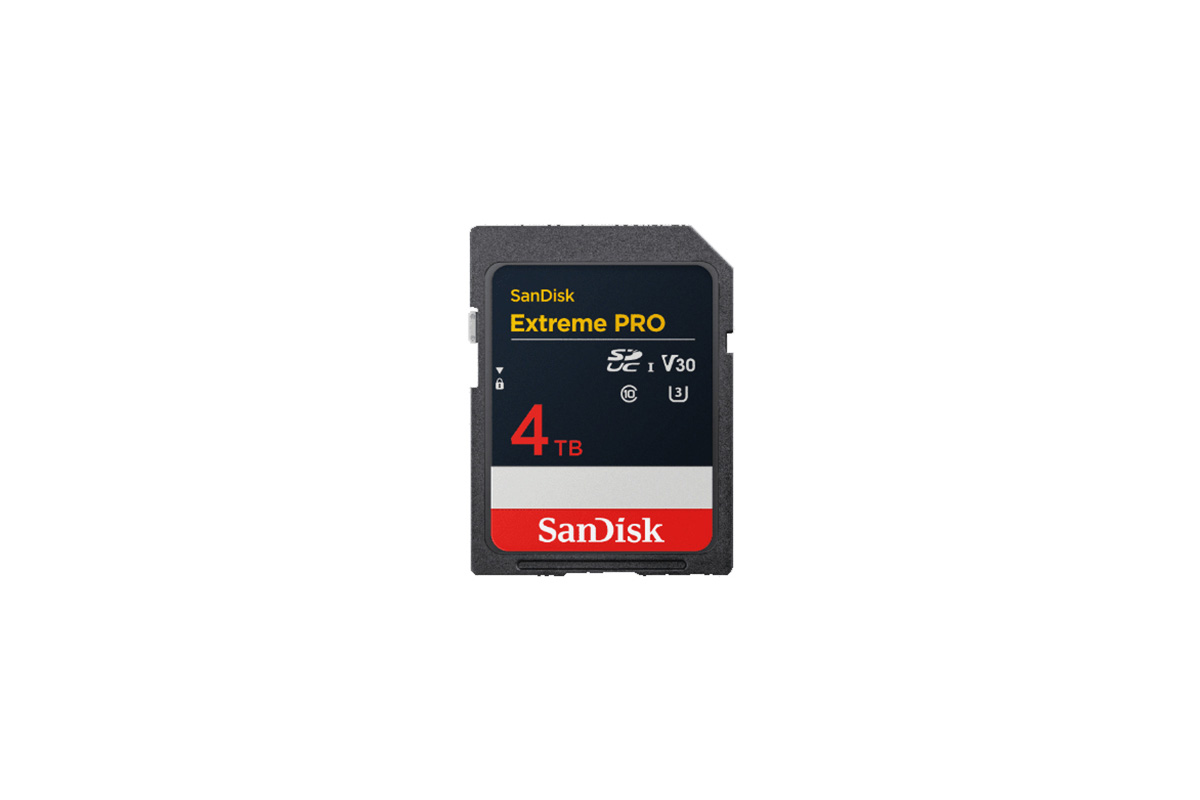
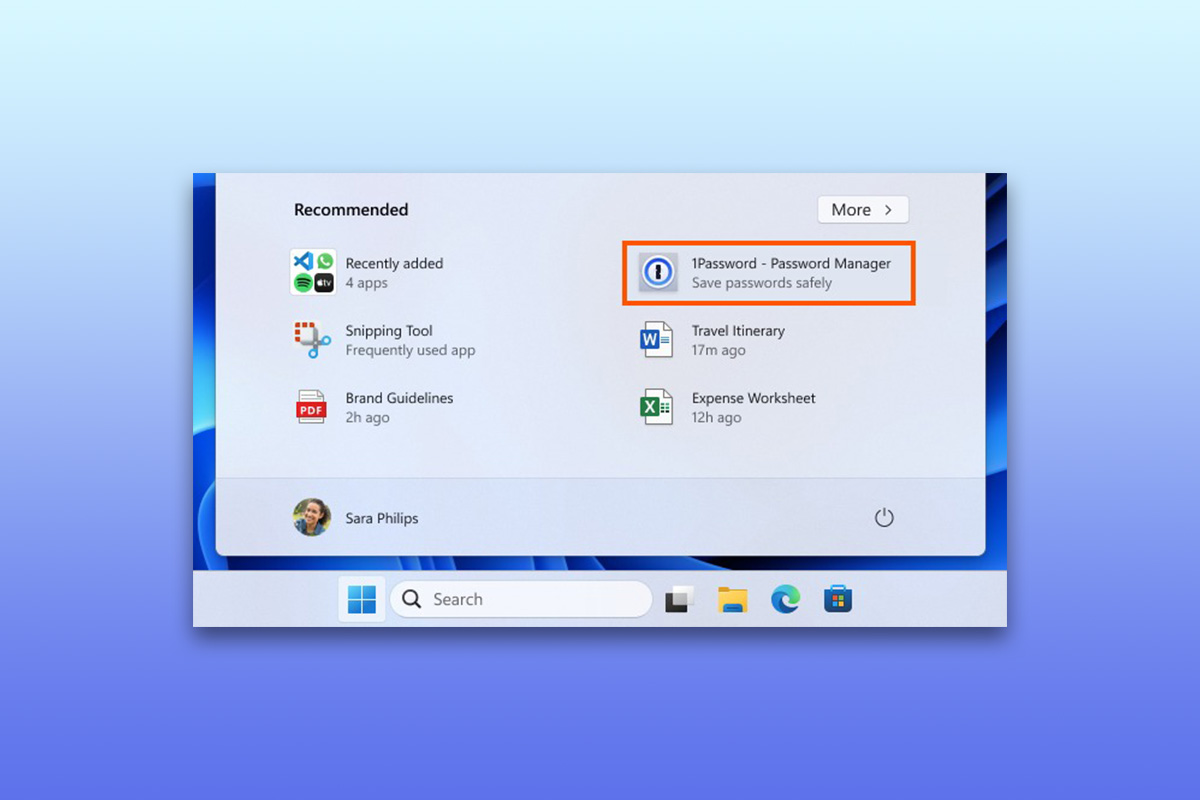
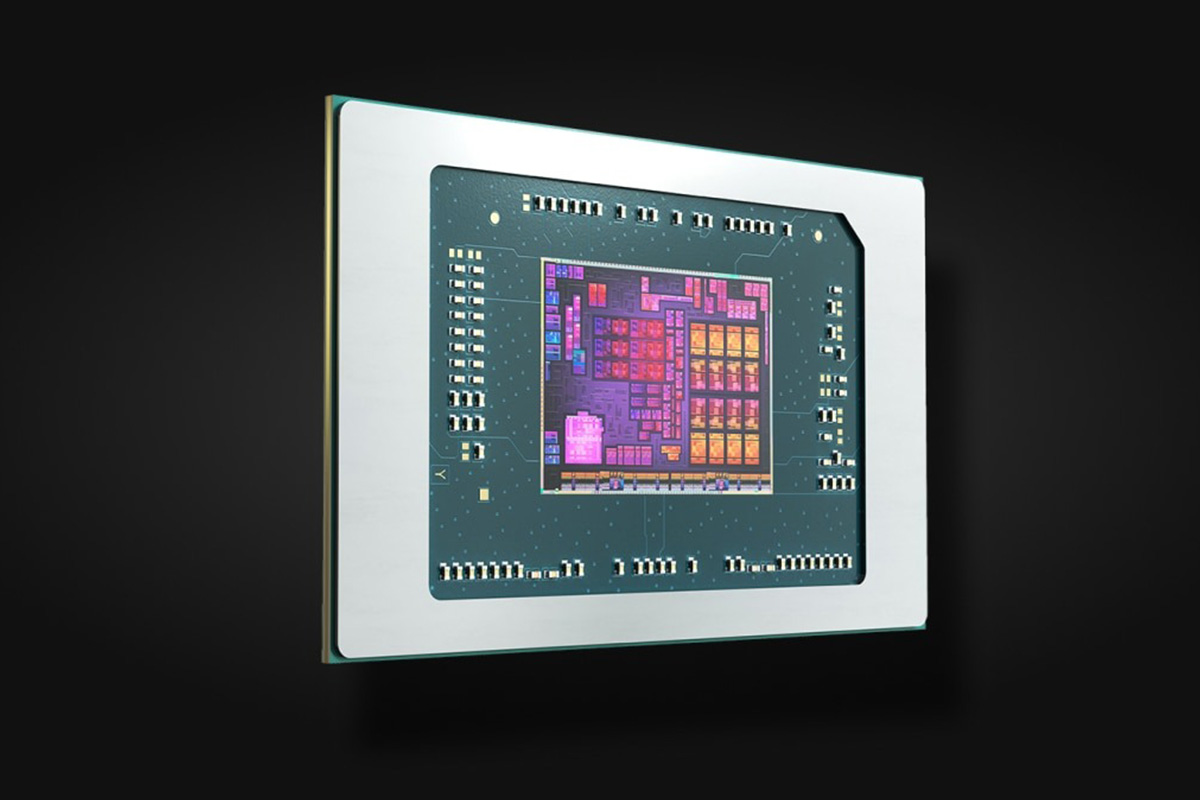


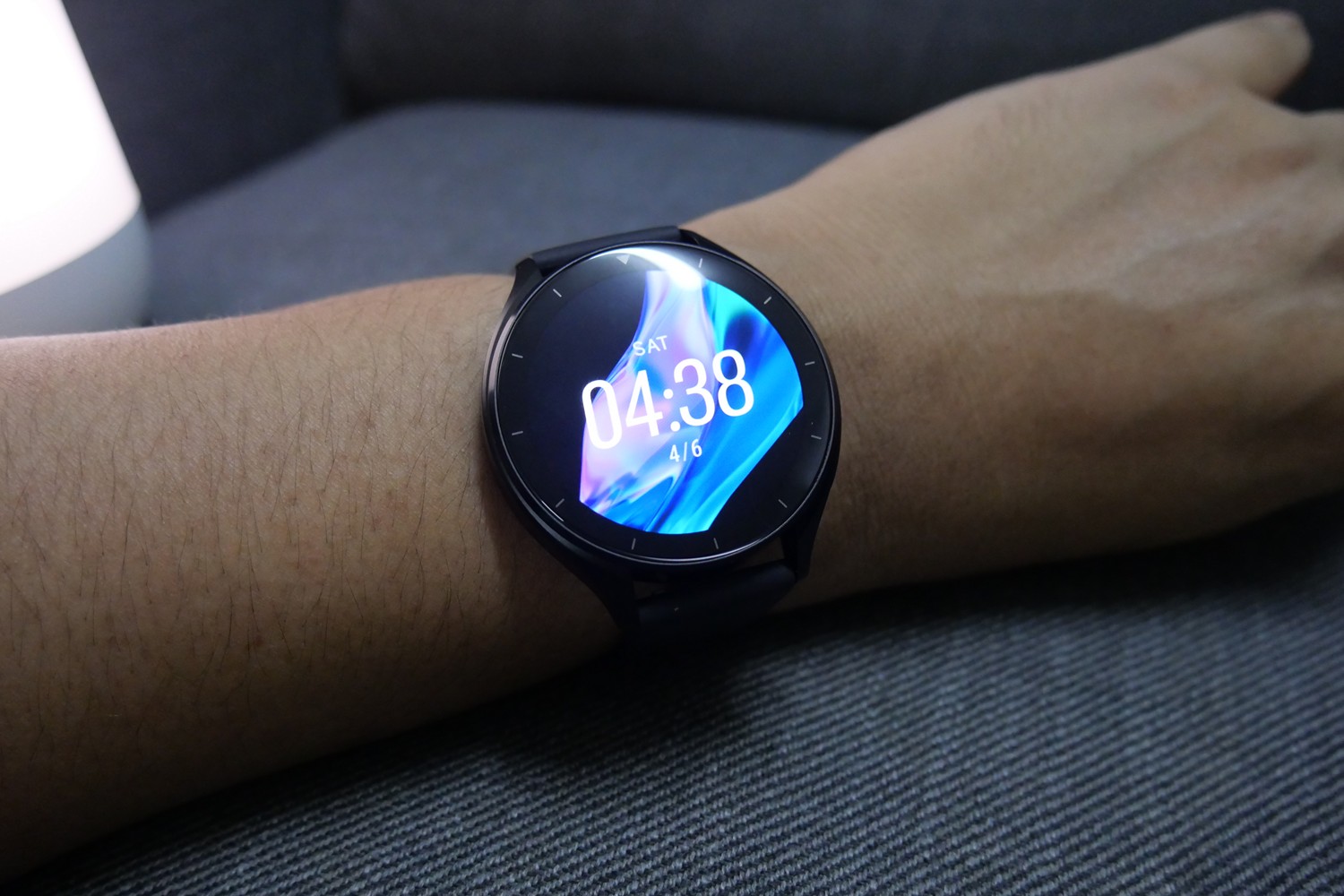



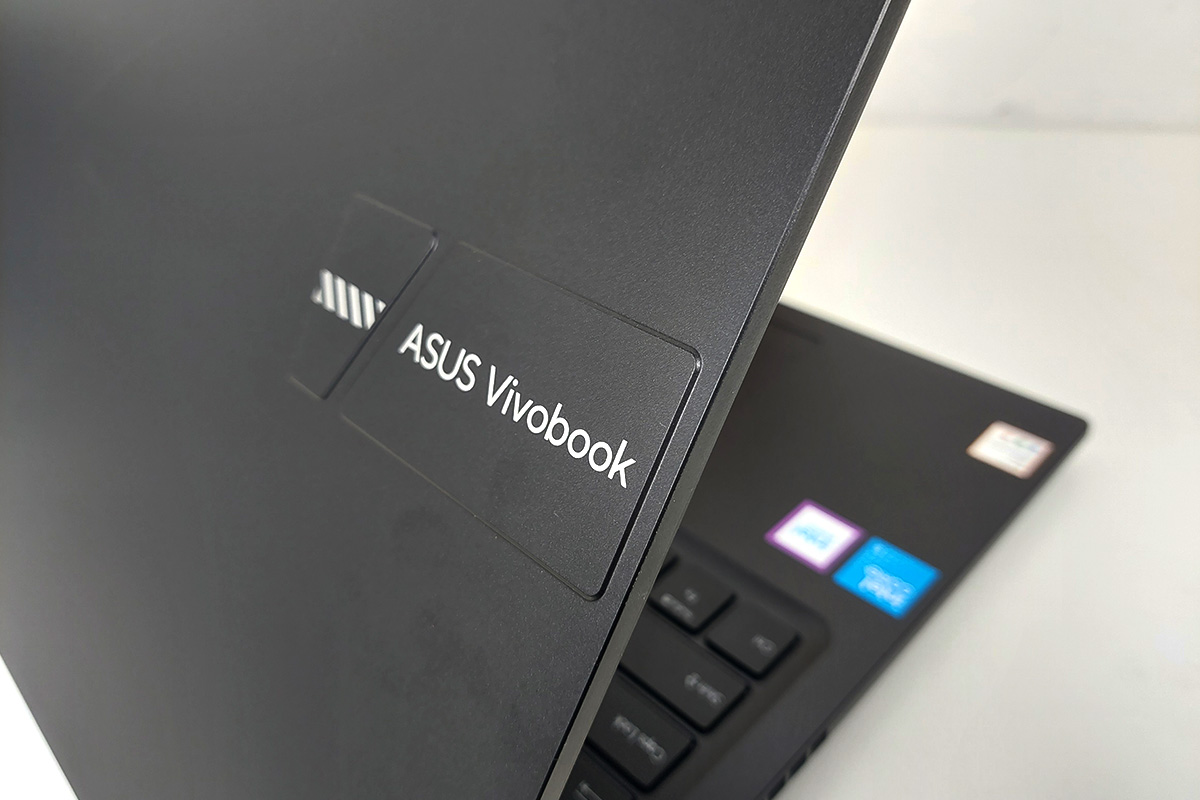


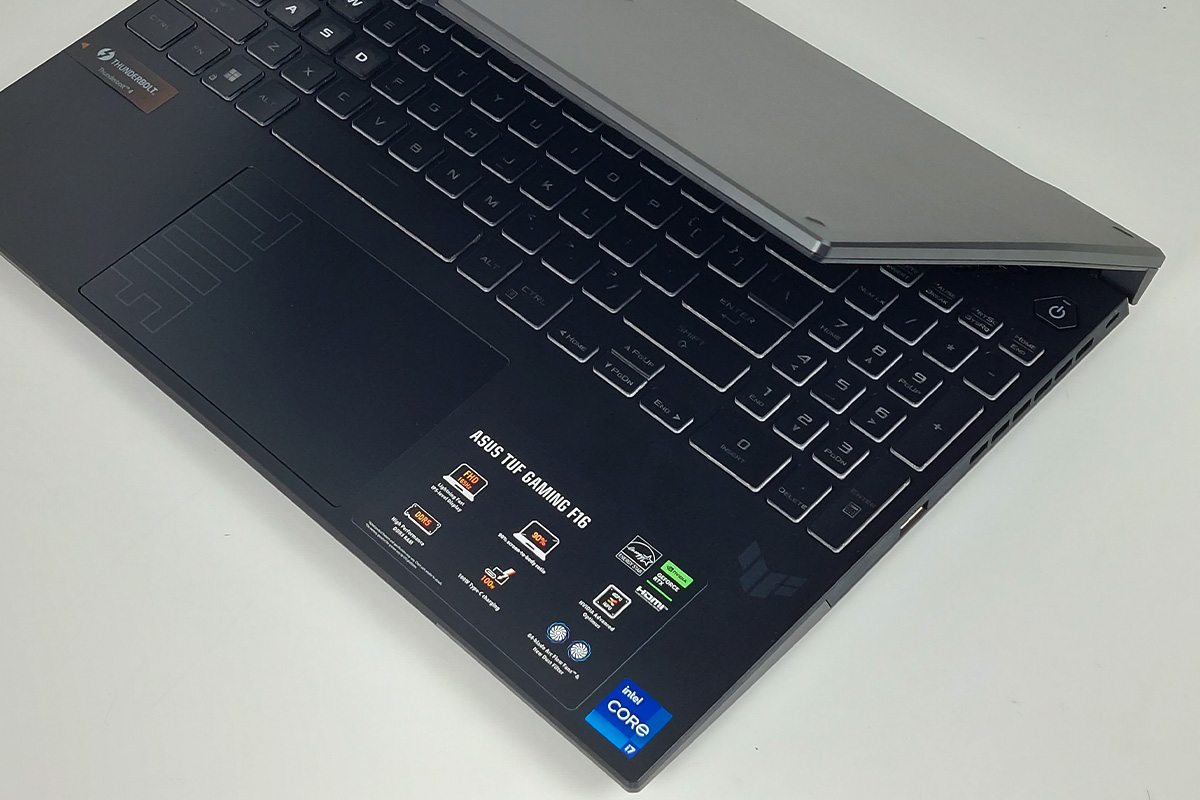













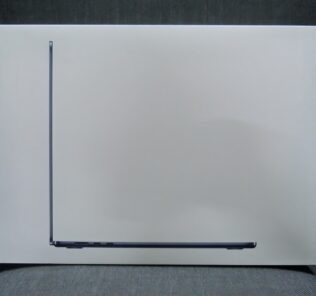










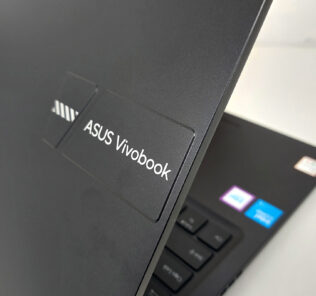


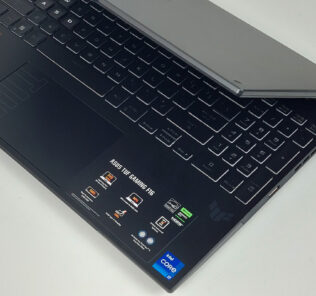
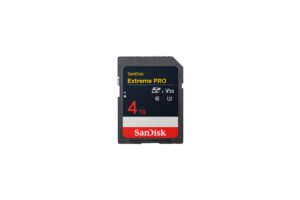

Leave a Response